Living with Nature Susan Feller
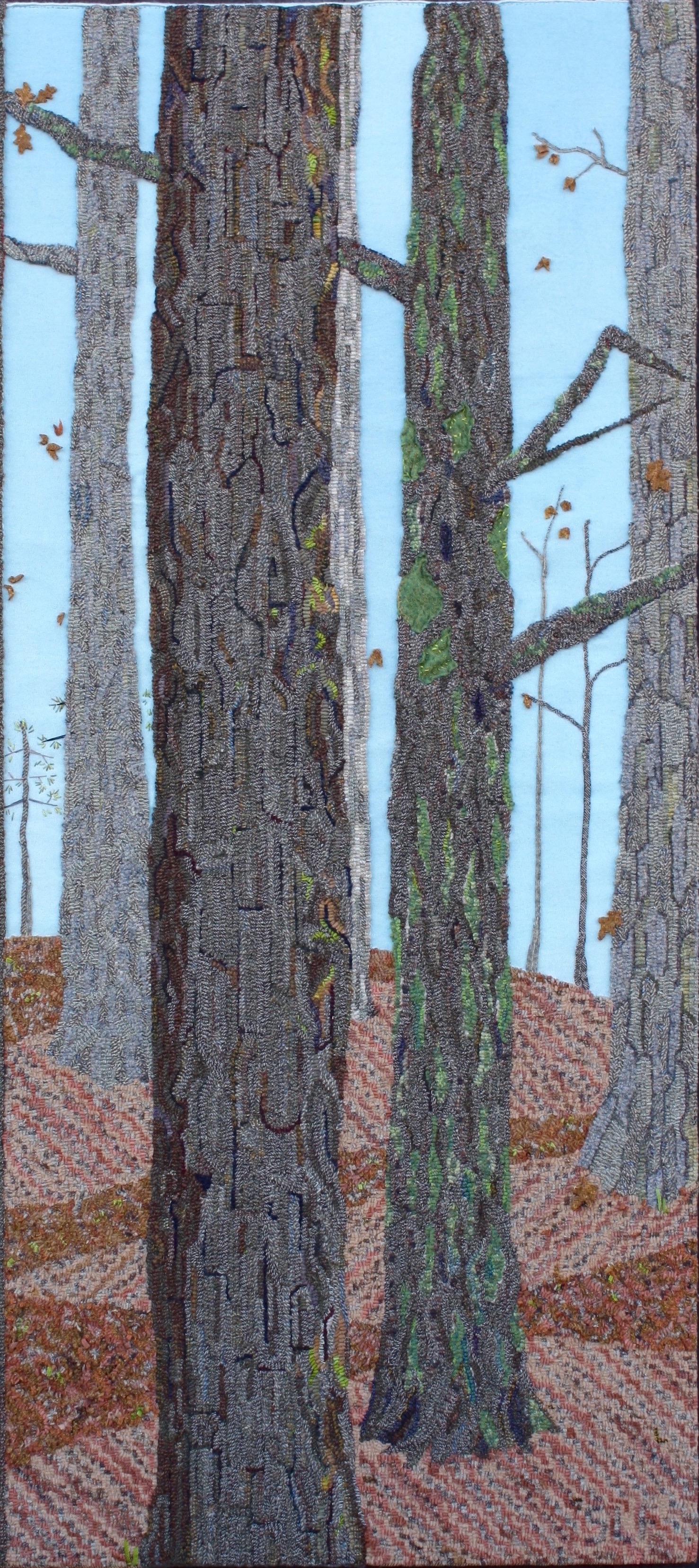
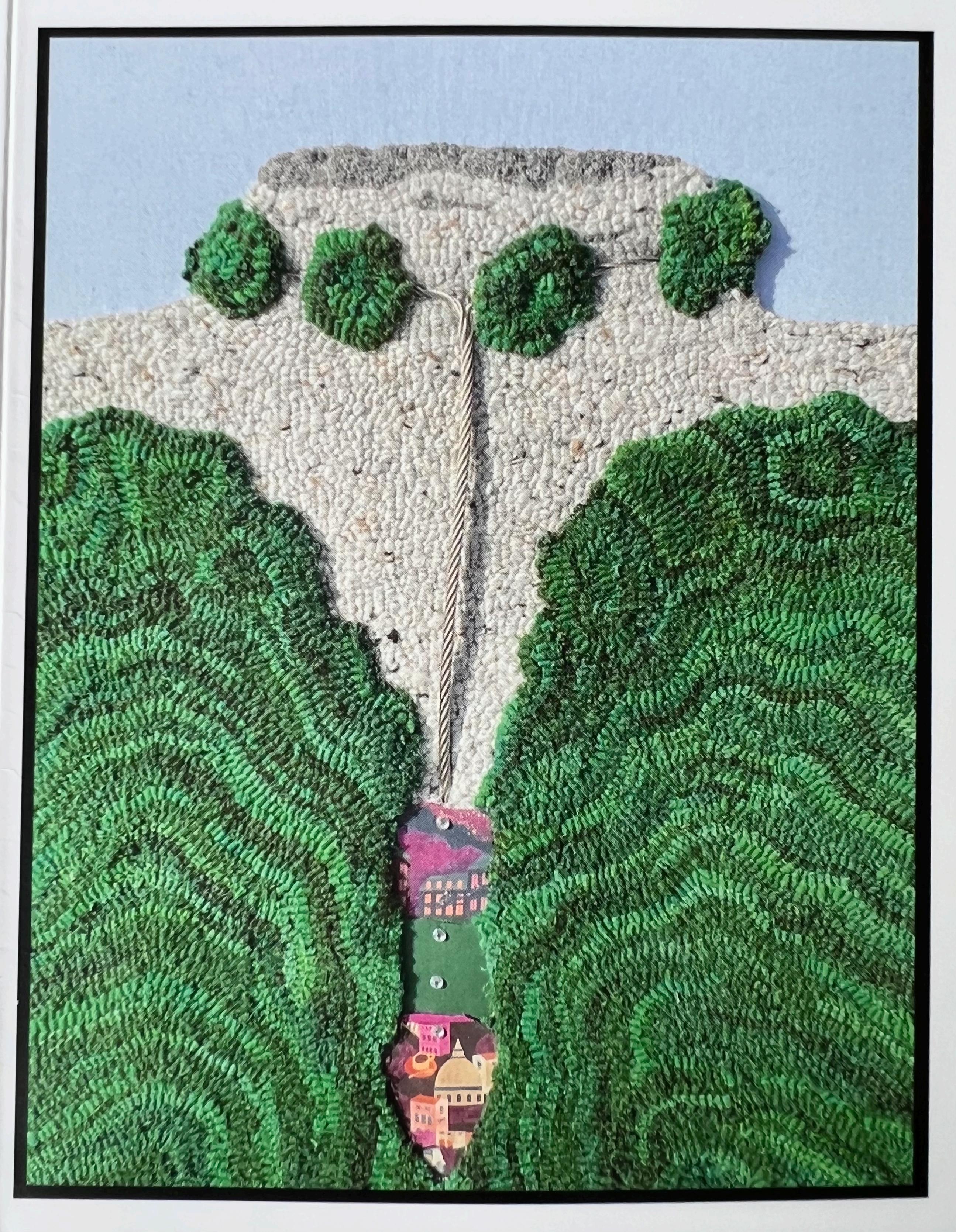
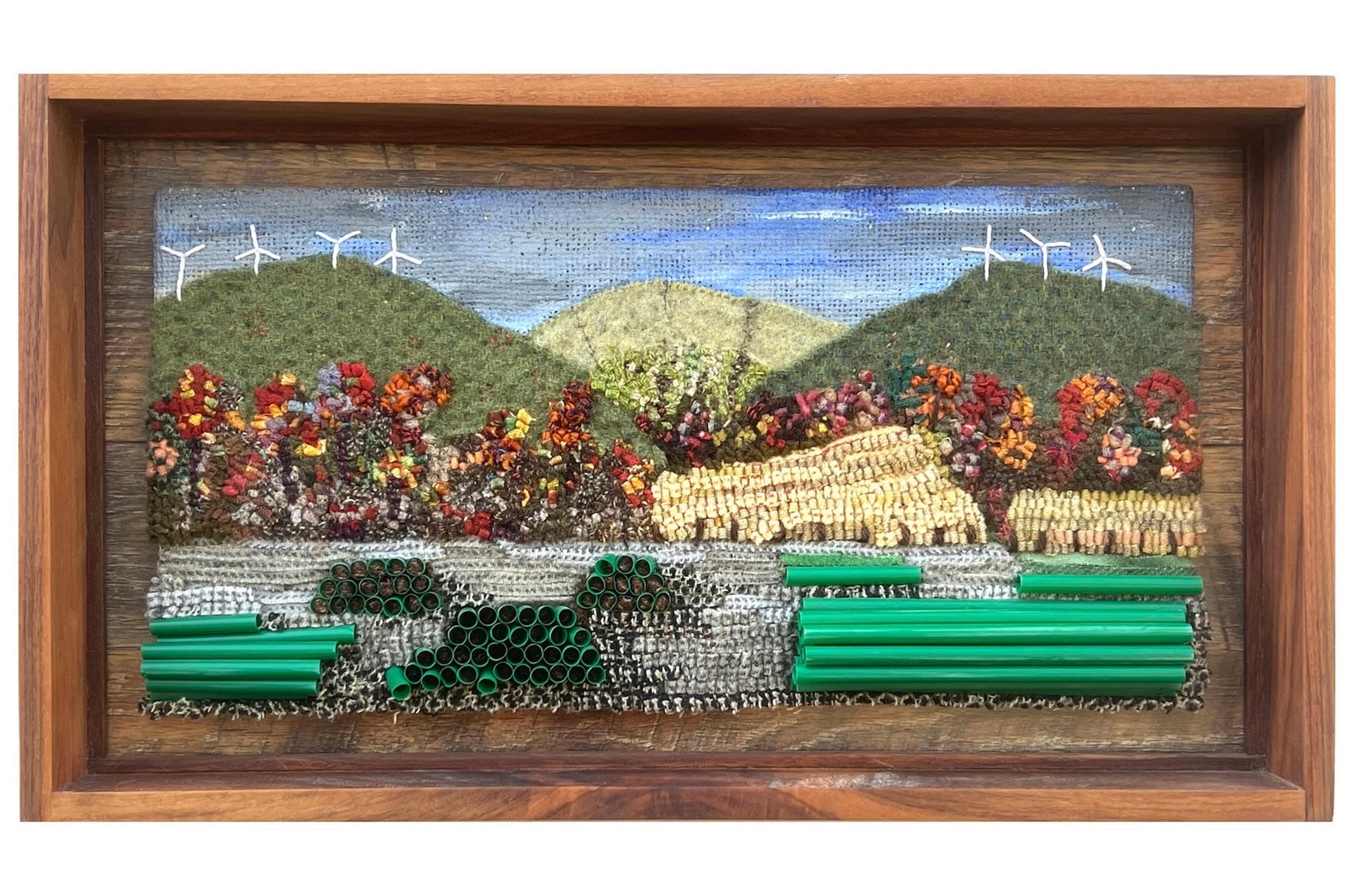

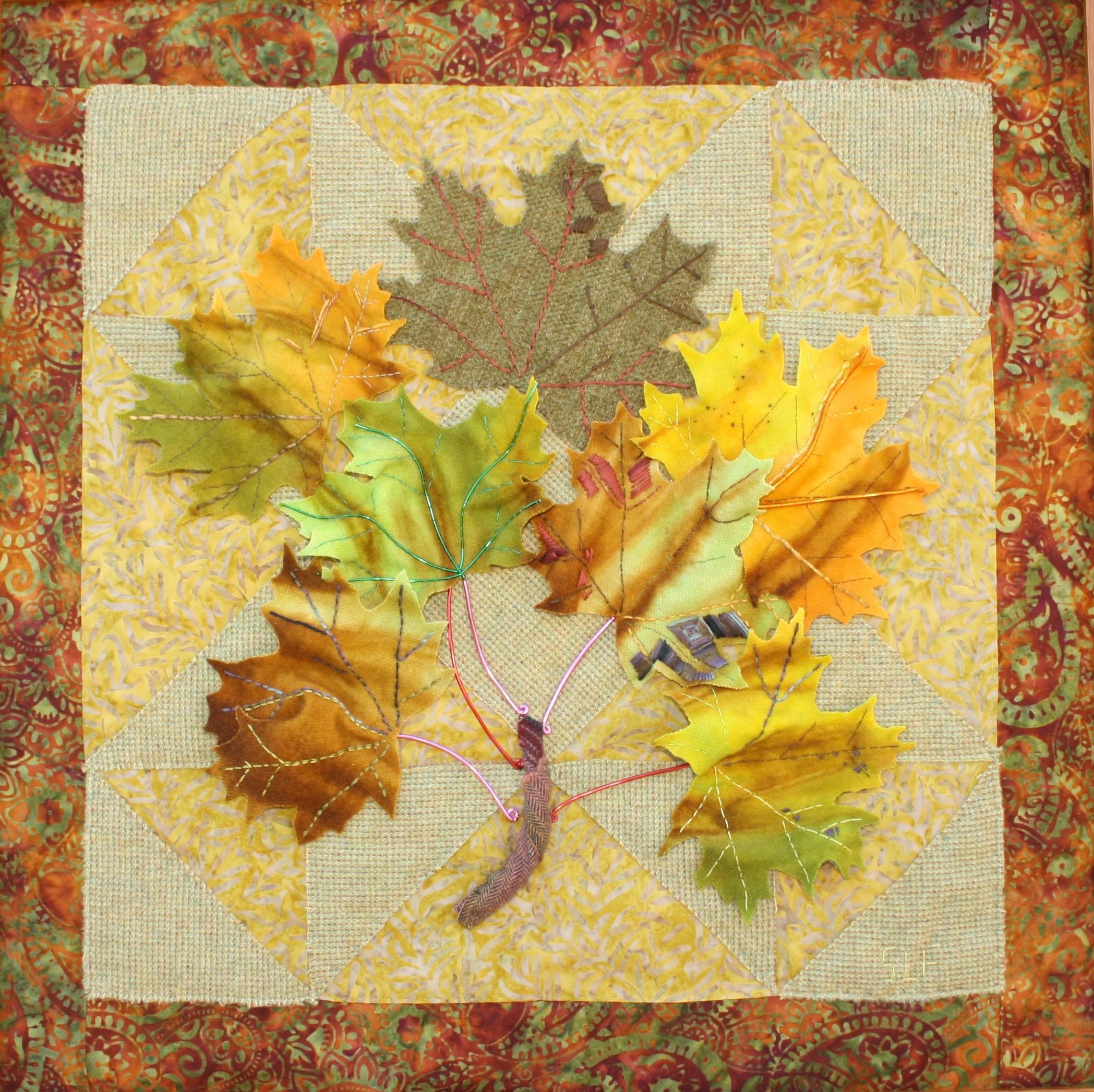






Raised on 120 acres of fields and woods, I explored my environment throughout the years. The experiences in Girl Scouting, participating in protests to save lands from flooding along the Appalachian Trail, and learning traditional handicrafts from relatives, developed a passionate relationship with the natural elements. These blocks became the foundation for my art practice today.
I have admired Georgia O’Keefe’s close simplified studies and create my own vignettes of nature. The series Buckeye Leaves, Maple Leaves and Virginia Creeper boldly portray each species, yet, I want you to see the environment around them - light and shadows, the beauty of our fall season, and twisting in the trees with a blue sky. You can walk into the woods and feel small viewing Trees in our Forest, or a reduced version Color in Trees and then look down to explore the intricacy of techniques in Forest Floor #1 and #3.
During covid, isolation lead to an ‘artist residency’ at home. My dream to hike the full Appalachian Trail became a reality over the weeks of creating AT 2020 GA-WV and AT 2020 MD-ME. Personal places, mountains, valleys, and seasons came into view as I meditatively selected wool strips in values and colors to define them and pulled loops in each straight row Only the rivers travel along their irregular paths. These rugs are examples of how a goal can be modified and yet accomplished.
A challenge I set for myself is to simplify a composition but still tell the story. In the 100 Days of Nature series embroidered lines on painted canvas convey action, mood and time with simple design elements and techniques.
Although I live in the Potomac Highlands and have not experienced living/working in the coal mining region of this state, Miss Mountaintop Removal, Mountains of Energy, and the triptych Our Mountains: Past, Present, Future? and other pieces are meant to bring awareness to our demands for more energy using non-renewable resources. There are questions I would like to use for conversations with residents and workers in these fields and the many visitors, community members like me who are observers. 1
Why do you work in mining? How has this been for your family current and past? Why do you explore the mountains, rivers and communities here in West Virginia? Have you visited the old growth sections in our state parks and then seen the gray, bleak exposed tops of mountains while driving along I64? Tourism is a lasting economic benefit to local communities but extraction benefits out-of-state corporations and destroys the eco-system for future generations. My expectation is this work to spurs awareness, the above mentioned conversation, and personal action in our choices of energy use.
Photography was the medium I used to earn a degree in Art. I learned to see and tell a story through value and contrast. Today the traditional handicrafts of rug hooking, embroidery, and quilting empower my hands to further develop stories the lens see. Like Blanche Lazzell before me I purposefully use fiber crafts as art.
“Whatever our gift, we are called to give it and dance for the renewal of the world.” end of Braiding Sweetgrass, Robin Wall Kimmerer SusanFeller.com Contemporary Traditions Augusta, WV
We built our home in the style of the region from local trees, milled ten miles from our 29 acres. It looks like an old homestead and blends into the forest and fields we care for. In this collection I share the trees which I consider my muse. Many are included in an article I wrote for Rug Hooking Magazine Trees are My Muse. It describes the design process, materials, and techniques to an audience who appreciate fiber arts.
Pawpaws fascinate me from their unusual flowers through the developing fruit and gorgeous yellow leaves of fall. But the winter silhouette is my favorite - its graceful elegant arching branches hide the fullness of the next seasons. There are two series featuring pawpaws.
And then there are the birds which find haven in our surroundings each year. We chose this property because the Baltimore Orioles had built a nest over the driveway. Yes we are romantics. I think of the changes each year the migratory birds have to experience and am thrilled when each species returns. Hoping they all make it back next year. 2

Trees in our Forest, 68” x 31” rug hooking with applique’ and embroidery exhibited Wisconsin Quilt and Fiber Art Museum, catalog





Buckeye Leaves, 20” x 20”
rug hooking with wire, upholstery fabric

Virginia Creeper, 20” x 20”
rug hooking, applique’, embroidery, wire

Maple Leaves, 20” x 20” applique’, quilting, wire, embroidery

PawPaw Leaves, 20” x 20” sashiko stitching, wood, eco-dyed fabric, beer can, upholstery fabric SOLD in 2020
Black Walnut Leaf and nuts, tan and reds 12” x 12”
rug hooking, sculpted loops, upholstery fabric, embroidery
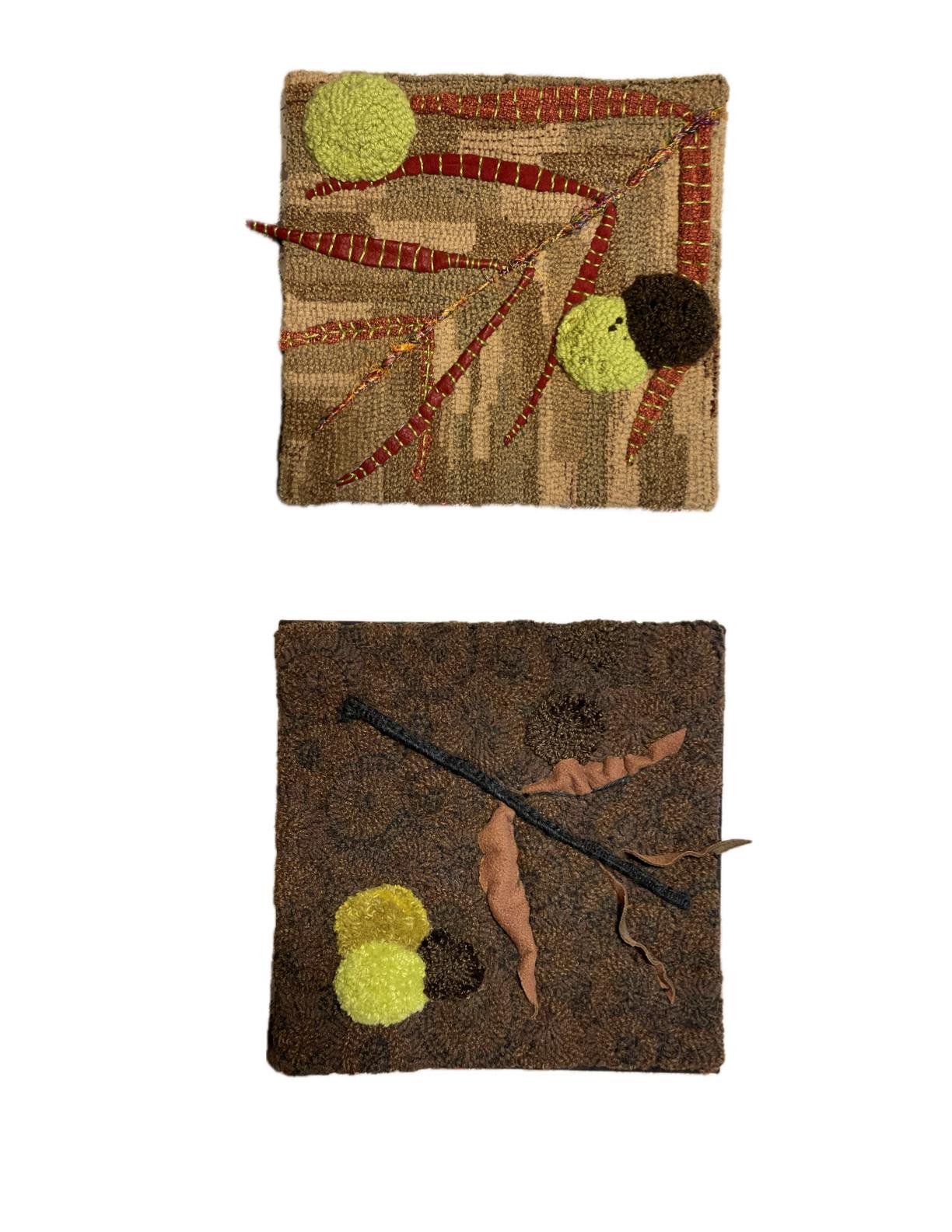
Black Walnut Leaf and nuts, browns 12” x 12”
rug hooking, sculpted loops, upholstery fabric, wire, crochet


10-4
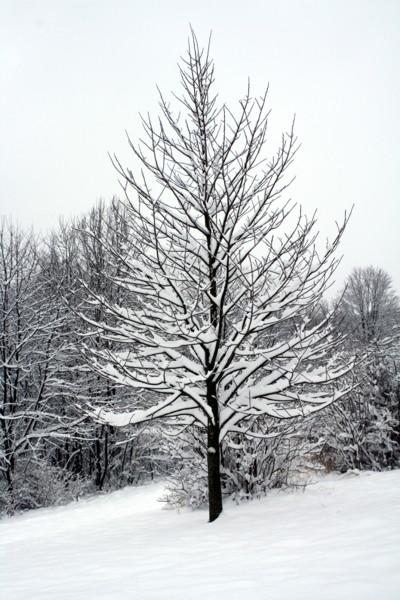




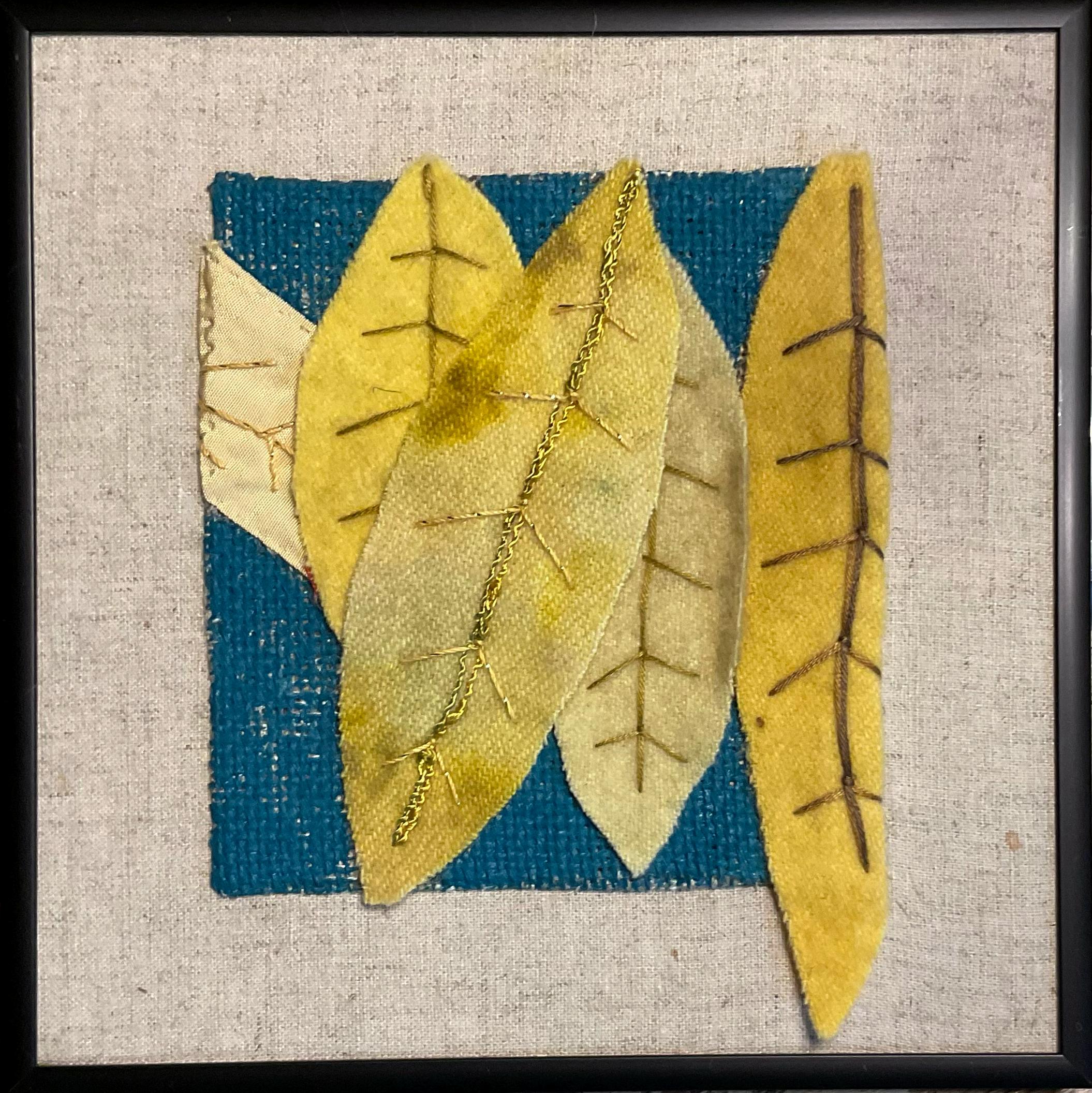

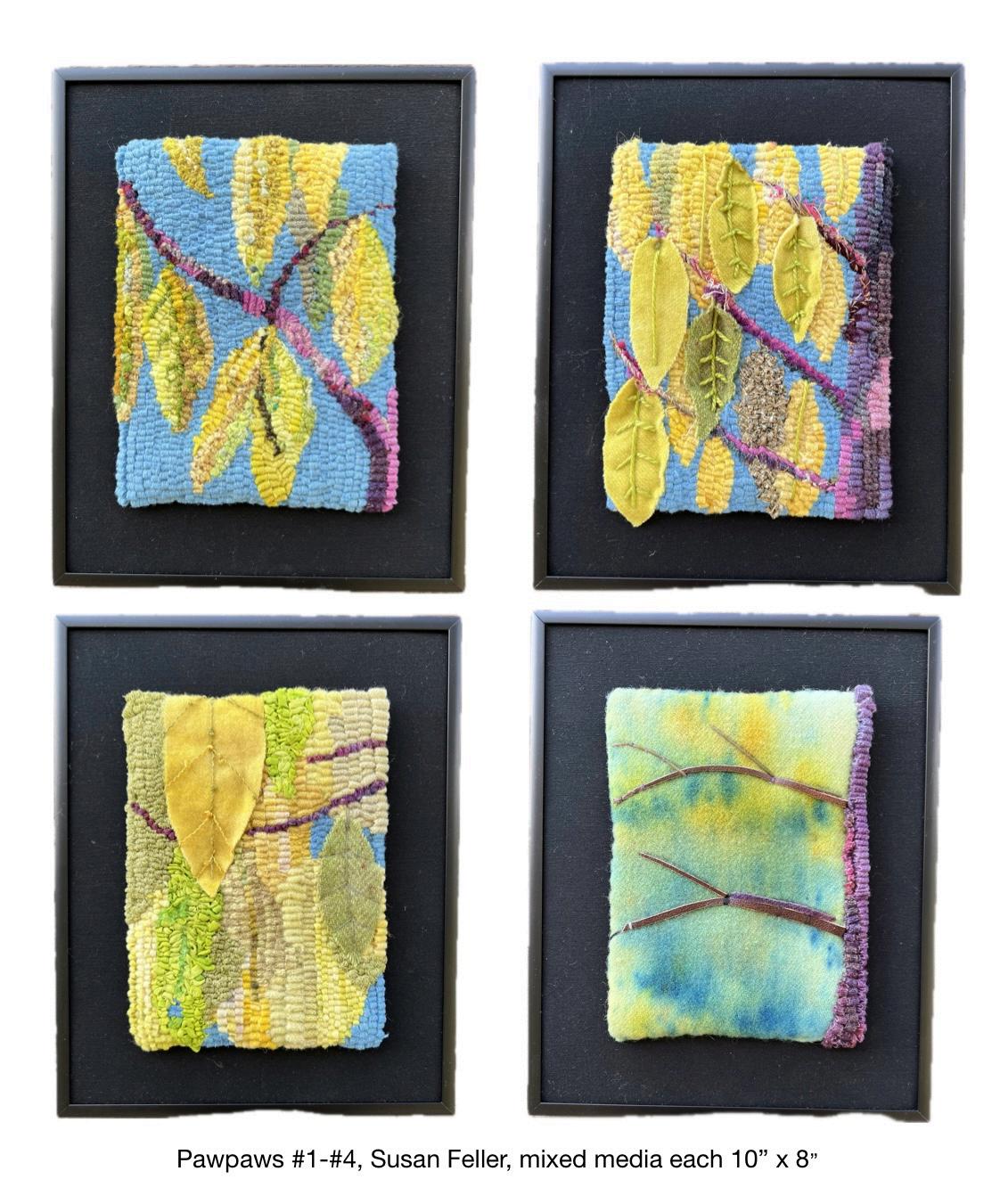
rug hooking, applique’, embroidery, hand dyed wools, leather
Note card available for upper right. See notes for link

21st Century Willow, 10” x 20” rug hooking with wool and sari silk Ruckman Mill Farm rug pattern available through Spruce Ridge Studios
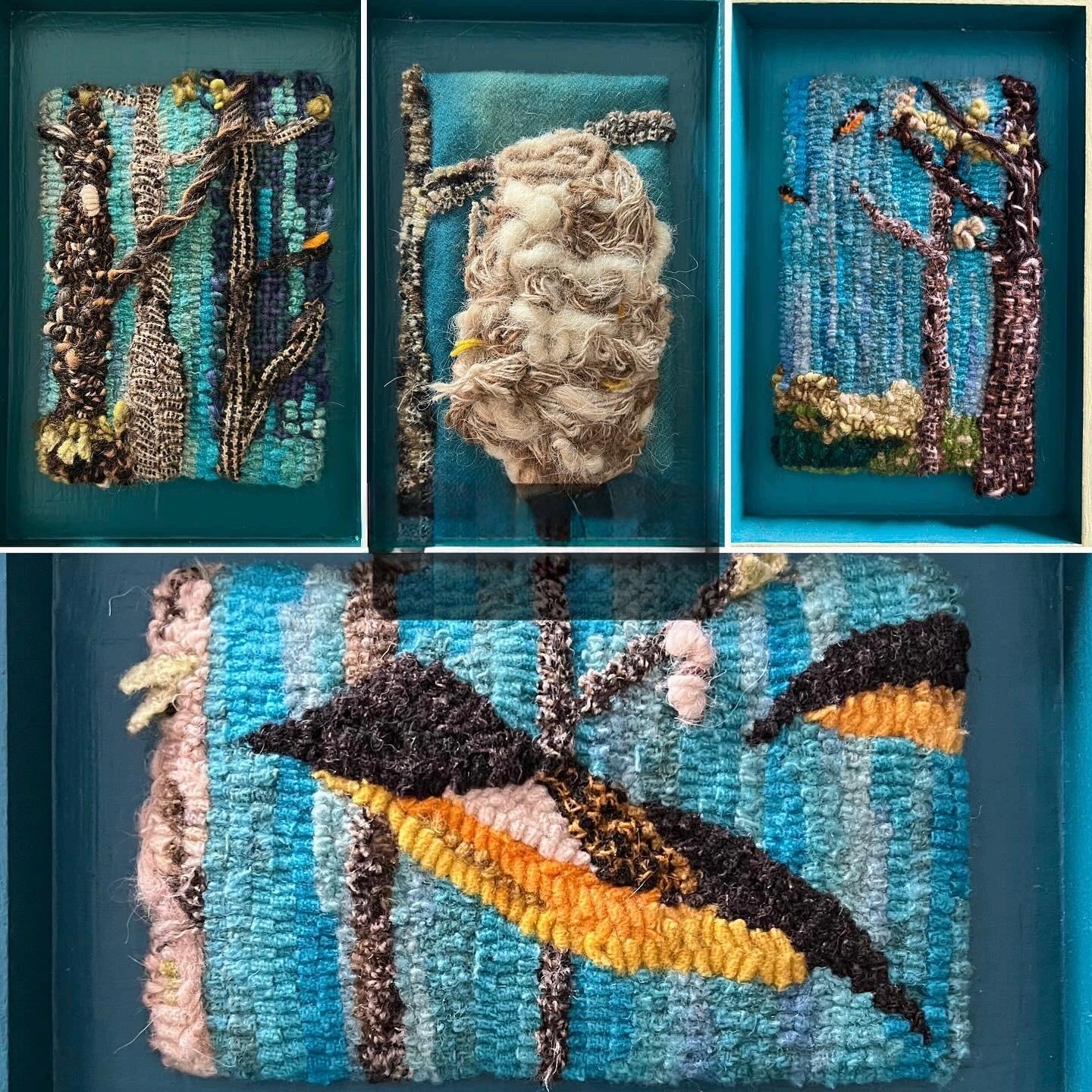
SOLD Nest and Bird are a set
Baltimore Oriole Nest, Bird, Woods, 5” x 7” each rug hooking, weaving, needle felting wool and alpaca yarns

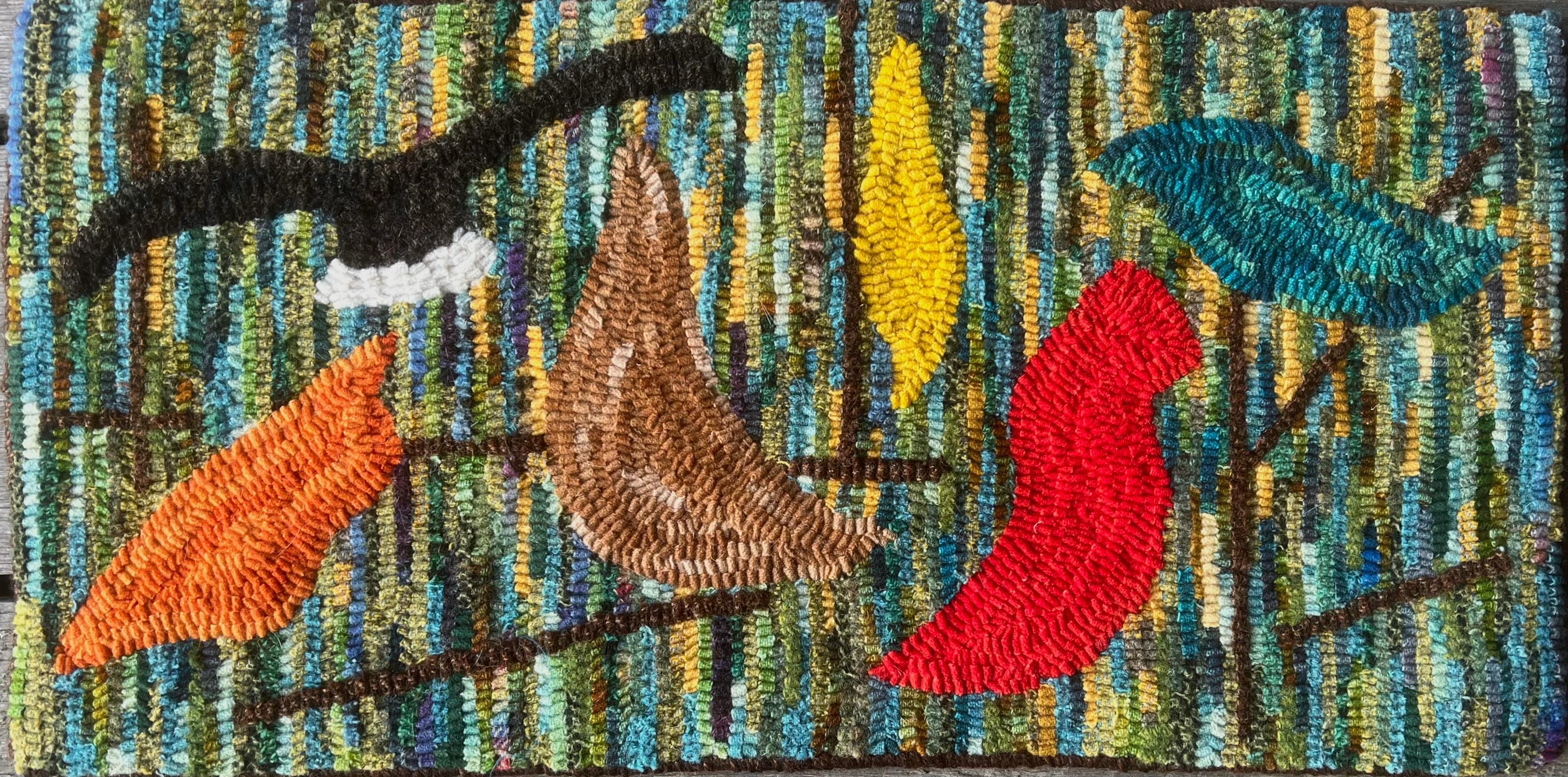

The Appalachian Trail traverses 14 states, with just four miles within West Virginia. The headquarters are located in Harpers Ferry, WV. Using a vertical poster I traveled the 2200+ miles with hook and wool fabric strips. The linear design is reminiscent of another traditional craft - rag rug weaving. AT 2020 Thru Hike GA-WV and AT Thru Hike MD-ME could be rugs for a hallway or bedside or hang in the home of hiking enthusiasts.
West Virginia is known as the “Mountain State”. The welcome signs feature this motto along with current Govenor’s name. Tourism is a major economic boom and the newly designated New River Gorge National Park, along with several National Forests and 36 state parks feature natural beauty, trails, waterways, historic spaces and our mountain ecosystem. The series New River Gorge Winter, Spring, Summer and Fall depict the path of this ancient river through our state on its westerly flow to join the Ohio River. The pines, deciduous trees, flora and rocky cliffs change with the seasons but the mining excavation scars scattered in the region remain bleakly stark.
And now we come to the extraction of our natural resources (especially nonrenewable ones). Artists throughout the Appalachian region are speaking out. Miss Mountaintop Removal was designed after watching a video by Douglas John Imbrogno with explosive film, still photographs by Paul Corbitt Brown and the poem “Boom, Boom” voiced over by poet Chrystal Brown. (see references for link). The scene in Mountains of Energy captures the gas pipes piled along Corridor H in Randolph County prior to their installation as part of the highly contested Mountain Valley Pipeline route. Finally pushed through the last permits in a political negotiation during Biden administration with Senator Manchin as the hold out the wide path is visible through forests just as much as interstate highways and electric powerlines. Yes the disturbance of geography for wind turbines also permanently changes wildlife habits. What will the mega data centers requiring water, power and noise and pollutants add to communities? The series Our Mountains: Past, Present, Future? each depict the streams which begin at top of mountains, forests, and in Present and Future the impurities in those waters, and gray scars as over 500 mountaintops have been destroyed searching for the last veins of coal.
12 Think about the impact you have when using energy, even “cyberspace”.
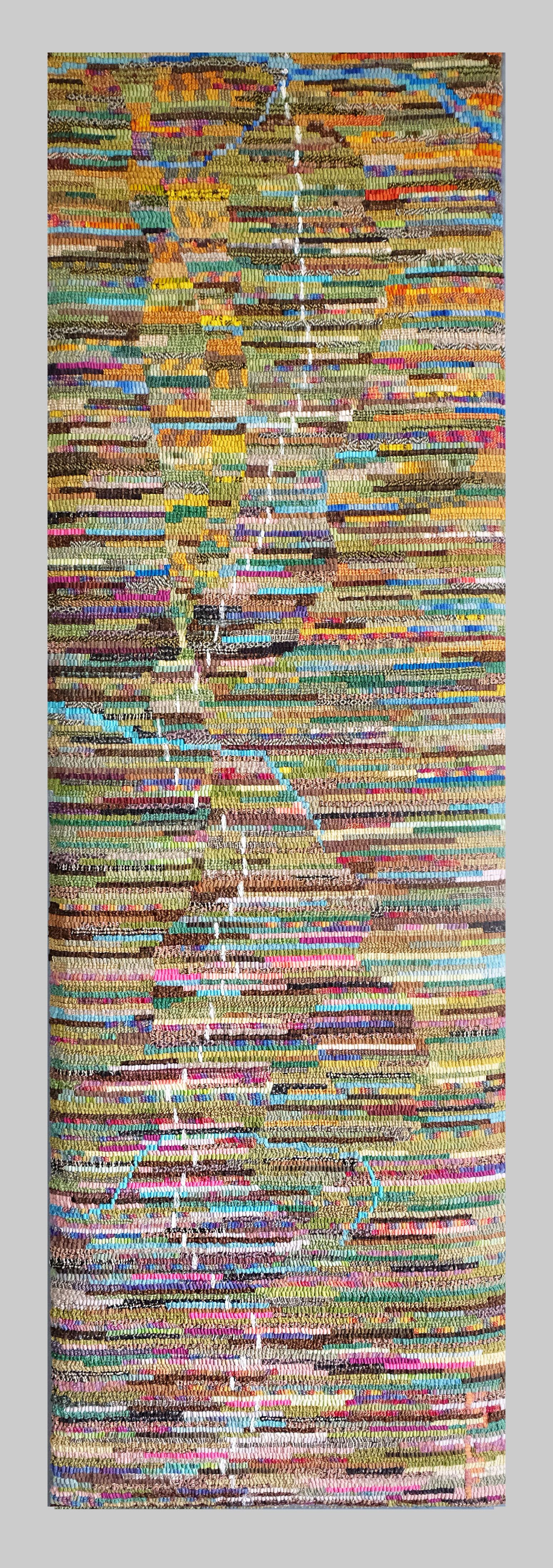



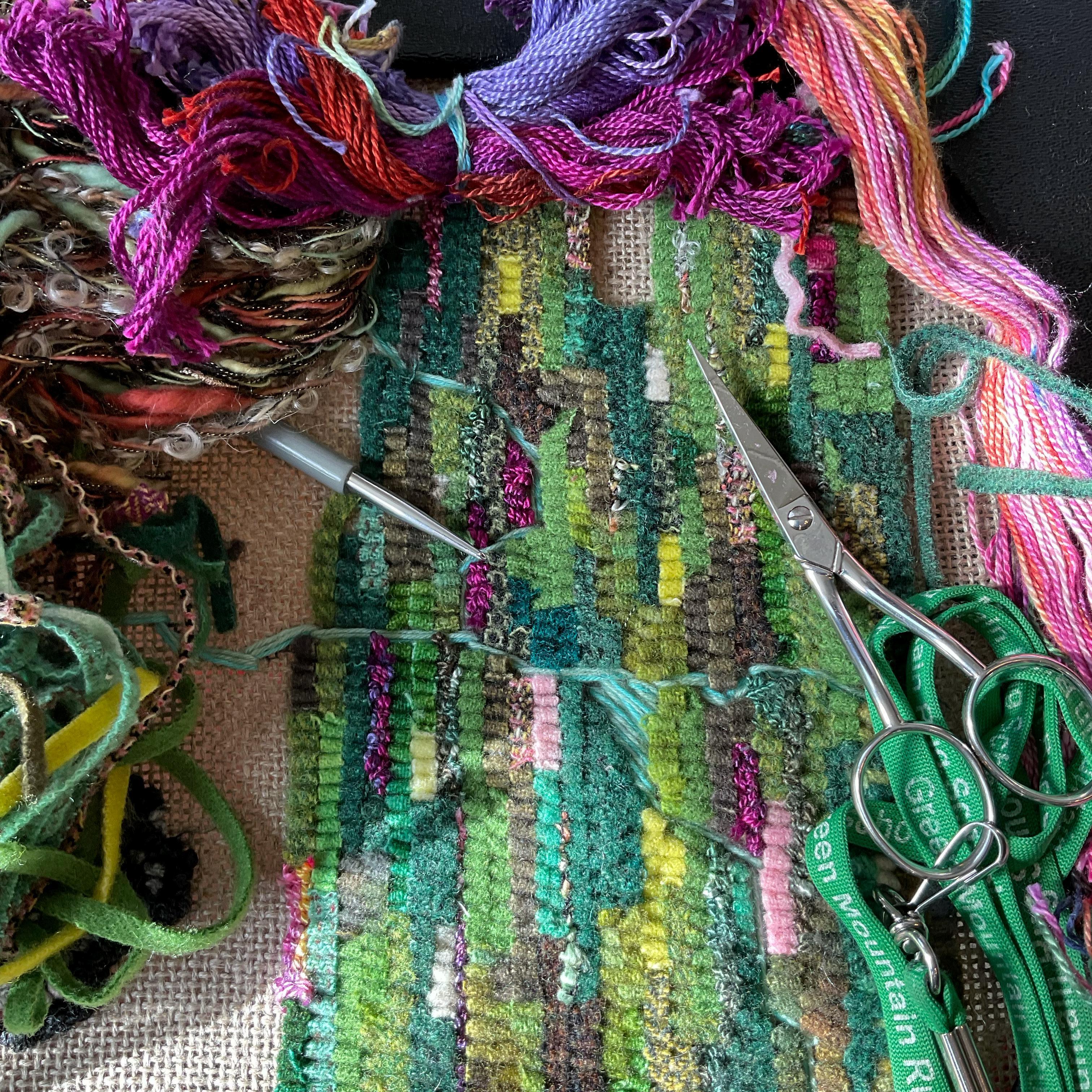

Spring Along the New River in West Virginia, 10” x 20” rug hooking, embroidery
Tools and materials used to create this series - rug hook, scissors, thread, wool fabric strips pulled through linen canvas


Summer Along the New River in West Virginia 10” x 20” rug hooking and embroidery

Fall Along the New River in West Virginia, 10” x 20” rug hooking and embroidery



Detail shows the wool strip loops arranged to create the design. All fabric was hand dyed by me.
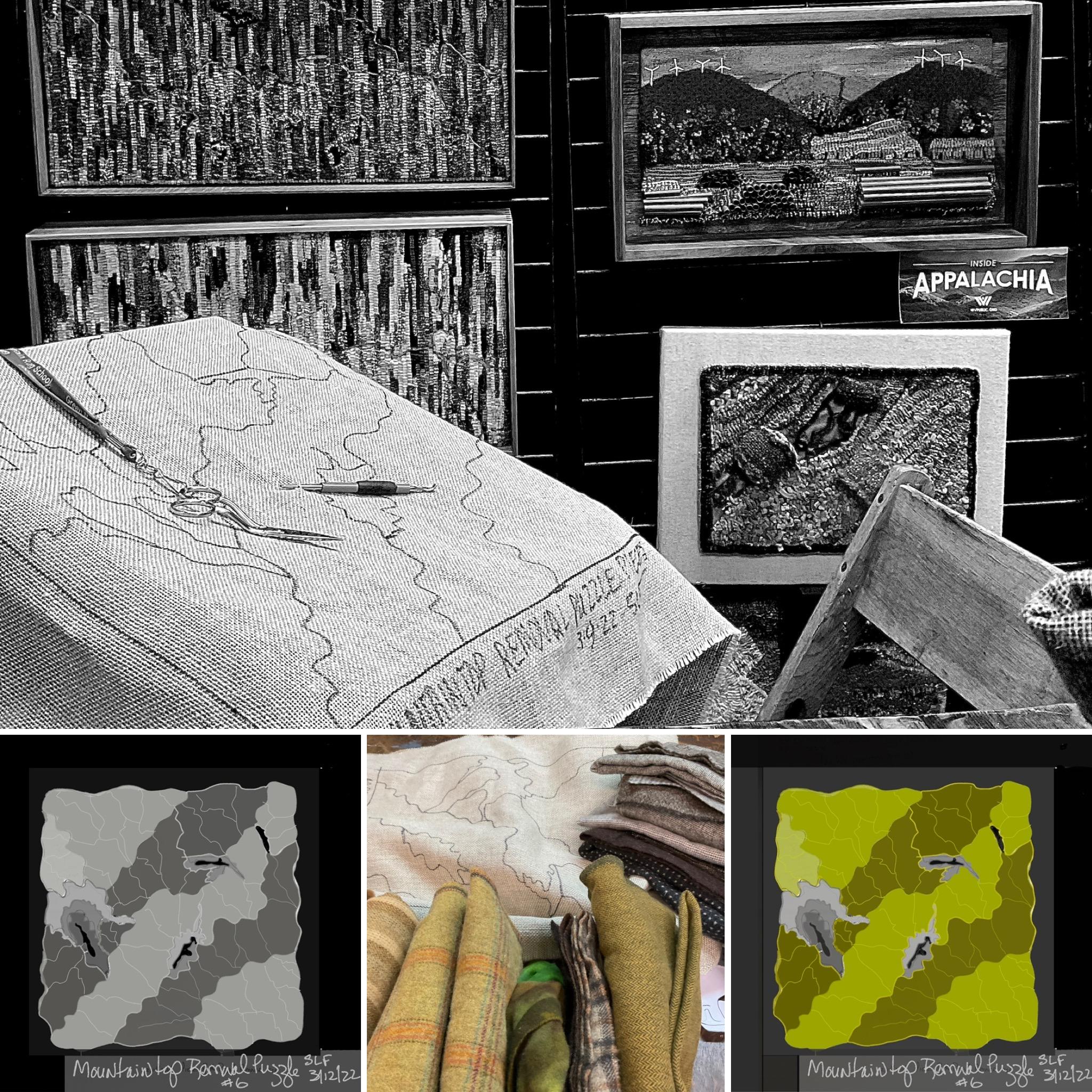
Design process, pattern on frame, fabric
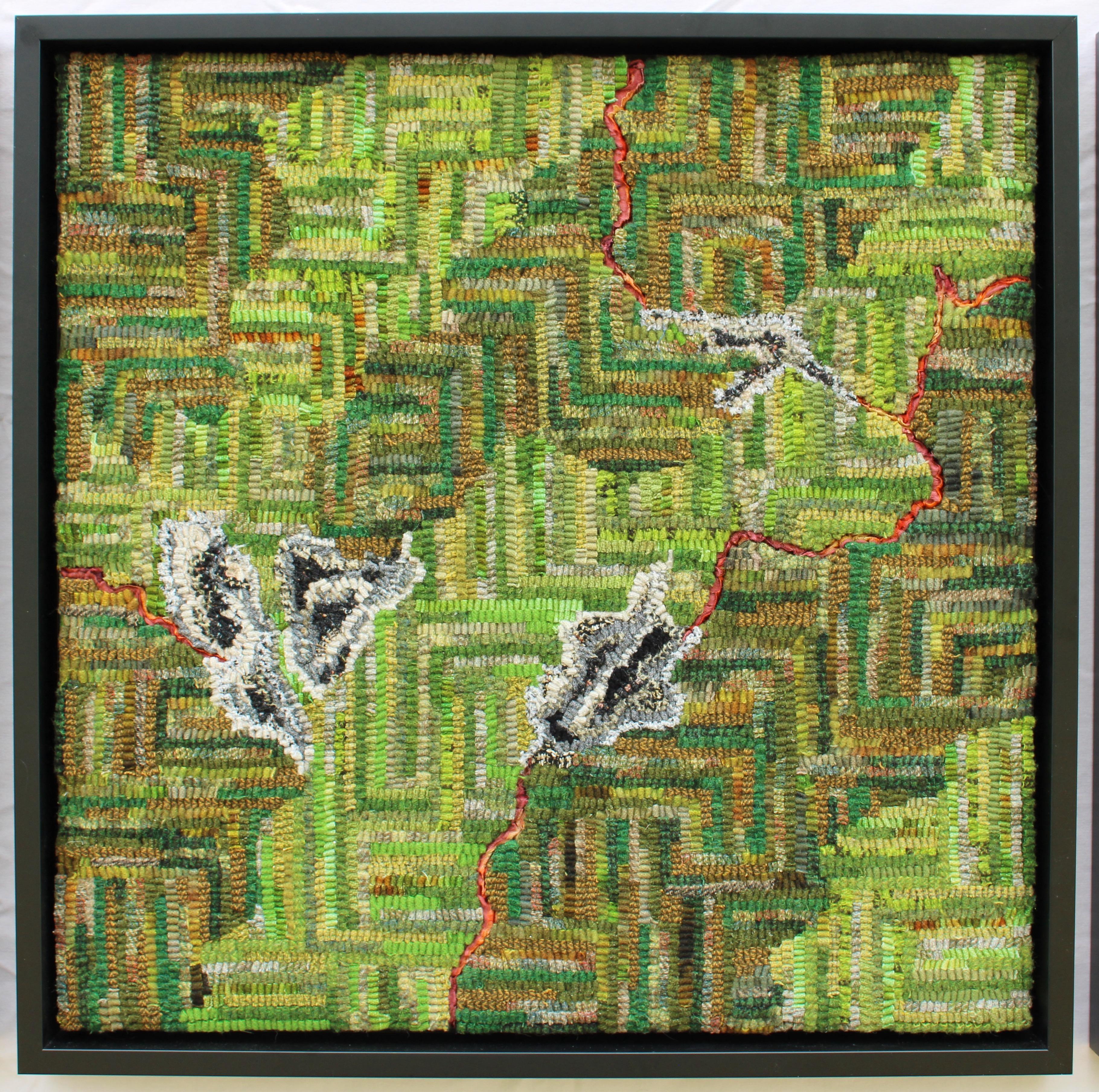
Our Mountains: Present, 20” x 20” rug hooking with sari silk as acidic rivers

Our Mountains: Past, 20” x 20” rug hooking with sari silk as rivers
Note Card available see https://susan-feller-artwools.square.site

Our Mountains: Future? 20” x 20” rug hooking with sari silk as acidic rivers
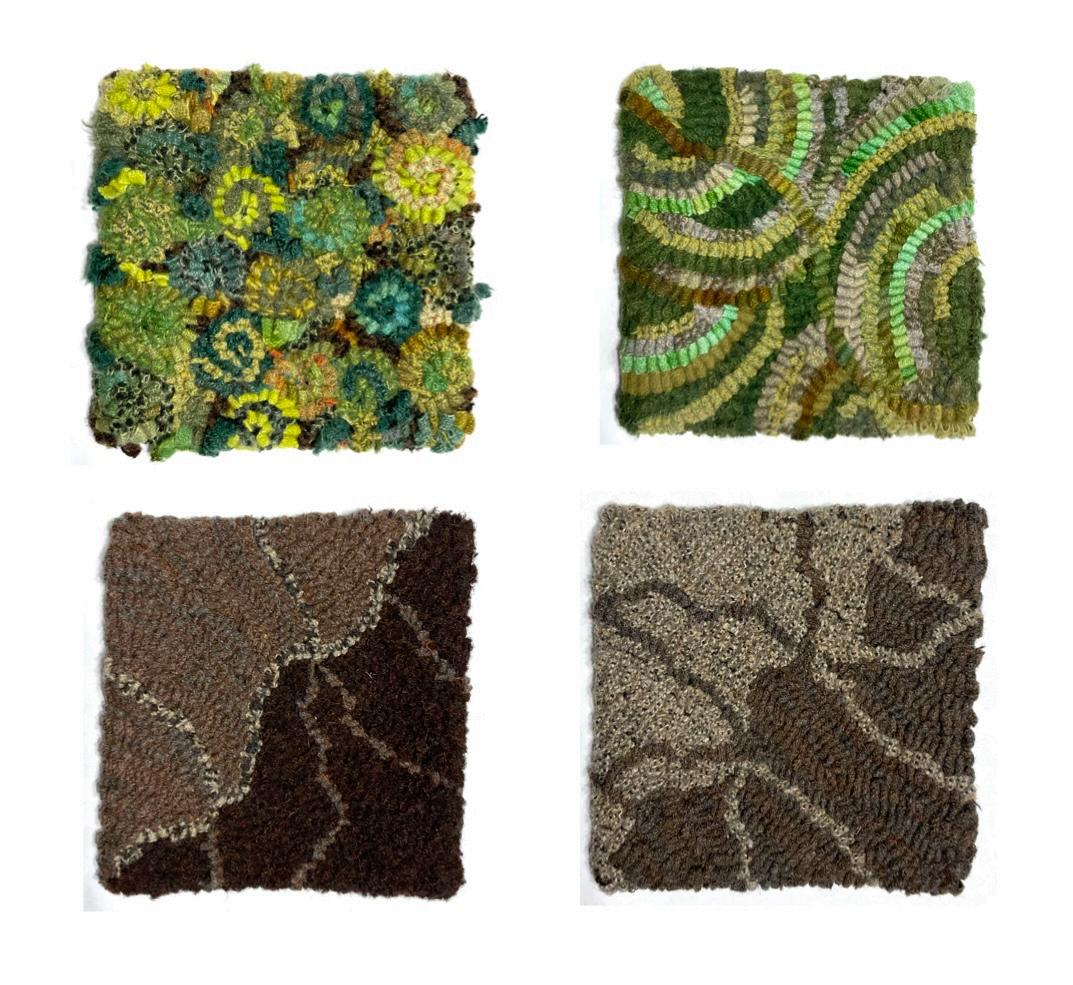
Our Mountains studies each 5” x 5” Present Circles, Green lines Future? browns, greys

Mountains of Energy, 11” x 19” custom frame, rug hooking, plastic straws, embroidery, applique’, paint on canvas

Mountaintop Removal Jewel, 20” x 14”
rug hooking, silver wire, applique’, beads the medallion can be worn as a brooch

Mountaintop Removal Puzzle, 20” x 10”
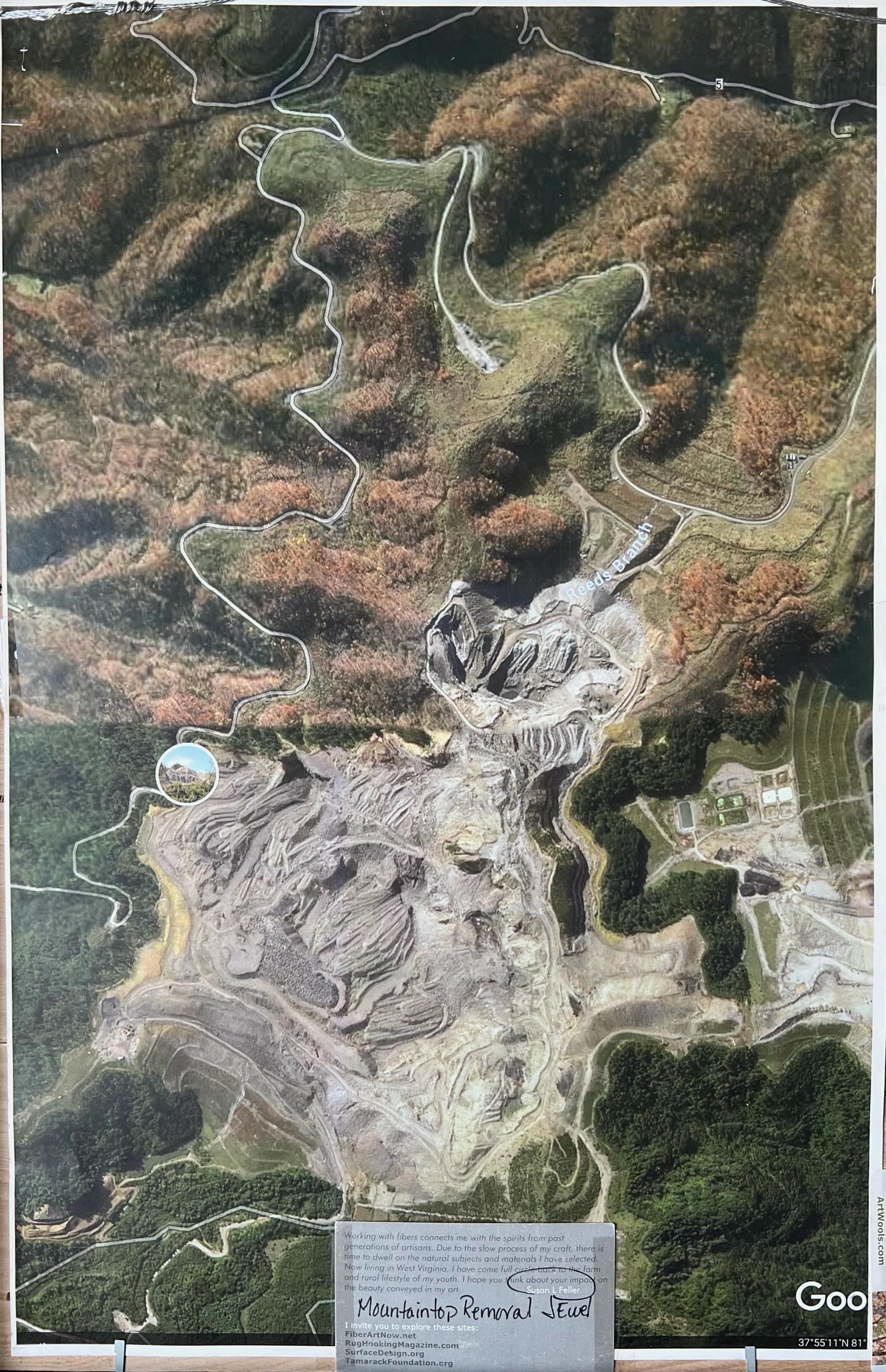
rug hooking, weaving, applique’ top motif can be moved or worn as pin
Google Earth image 2019 excavation near Pax, WV just off I64 (Reeds Branch)
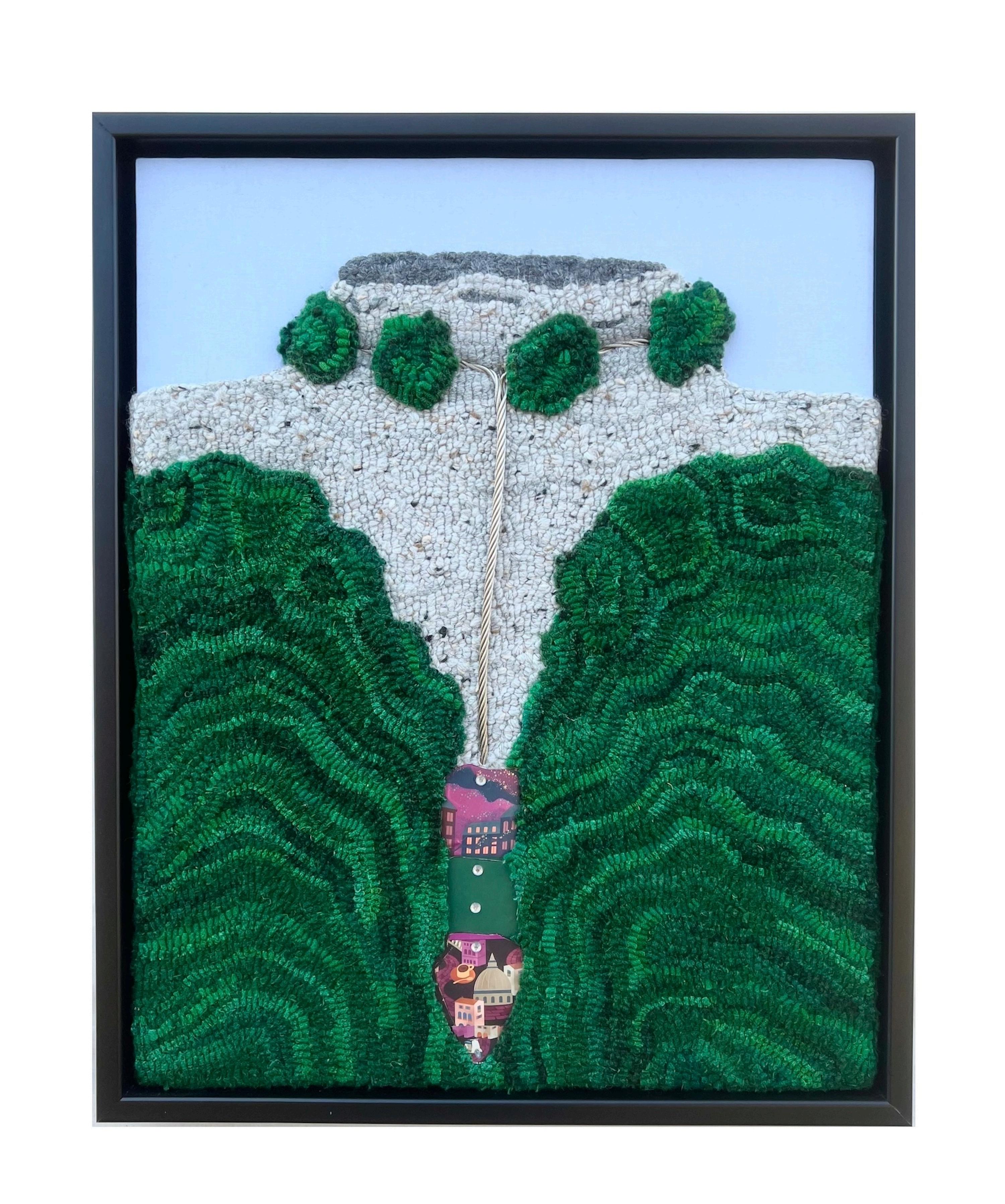
Note Card available see Notes
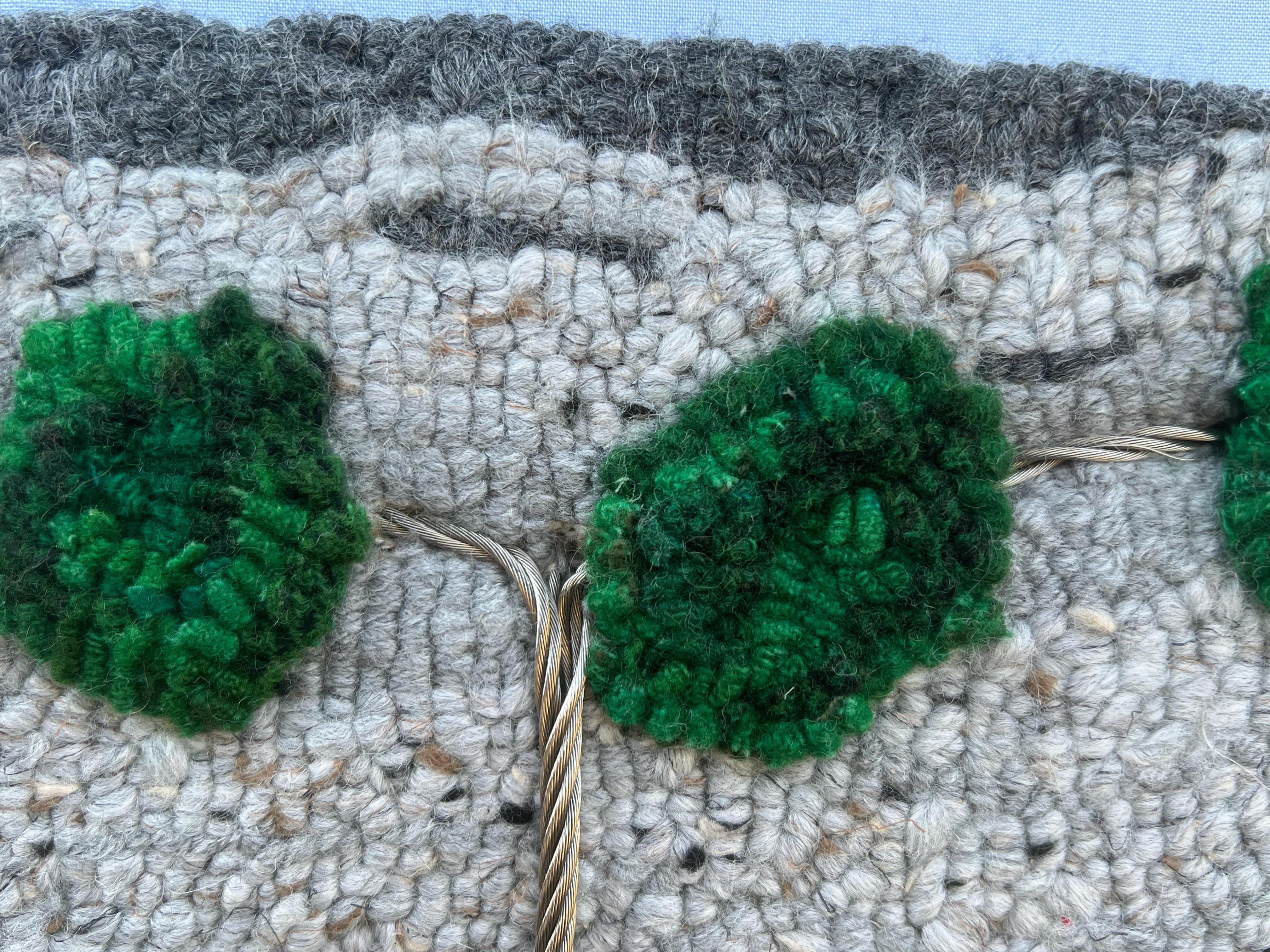
Miss Mountaintop Removal, 20” x 16”
rug hooking, punch needle, wire, applique’, beads, Starbucks coffee bag

details: ABOVE Starbucks labeling
LEFT wire and punched yarn loops
There has been a fascination with old structures since my childhood. As we drove the country roads and spotted an aging barn my mother would say “that building has a story.” I encourage you to drive our roads and observe the architectural differences in barns. They were built in the past centuries for specific purposes - storage, dairy, multiple animal breeds, milling and even housing. There are square silos in Grant County along just a few miles of road, quonset hut roofs, three story buckwheat processing mills, long sloping roof lines, multi gabled and winged and more. Many were built using chestnut which lasts for decades but the blight in early 1900’s wiped that species out of our forests.
I decided quilting would emphasize the traditional memories of the barns around me and the one person I know who carefully takes them down to recycle the materials - Stephen Kline. Using nine squares and two quilt block patterns I had my digital sketches printed on cotton by Spoonflower. Incorporating these with commercial fabrics the quilts have an unusual sense of personality. In Nine Patch - Barns I added hooked hay rolls and bands of scenery. Nine PatchAbstract plays on the digital sketch of the barn skeleton inserted in squares cut from the full design and a center embroidered panel. Nine Patch - Stephen honors him at work and tells the story of the huge barn he dismantled in preparation for the 200 acres to become a solar farm.
The 3-D Loy’s Barn was a fun challenge. I have made patterns that come together to make a box before but to incorporate the roof and have it all line up took patience. All of these were part of an exhibit with fine artist Kristen Colebank of Waites Run Studio titled Barns have Stories. We prepared a catalog and the link is in Notes.
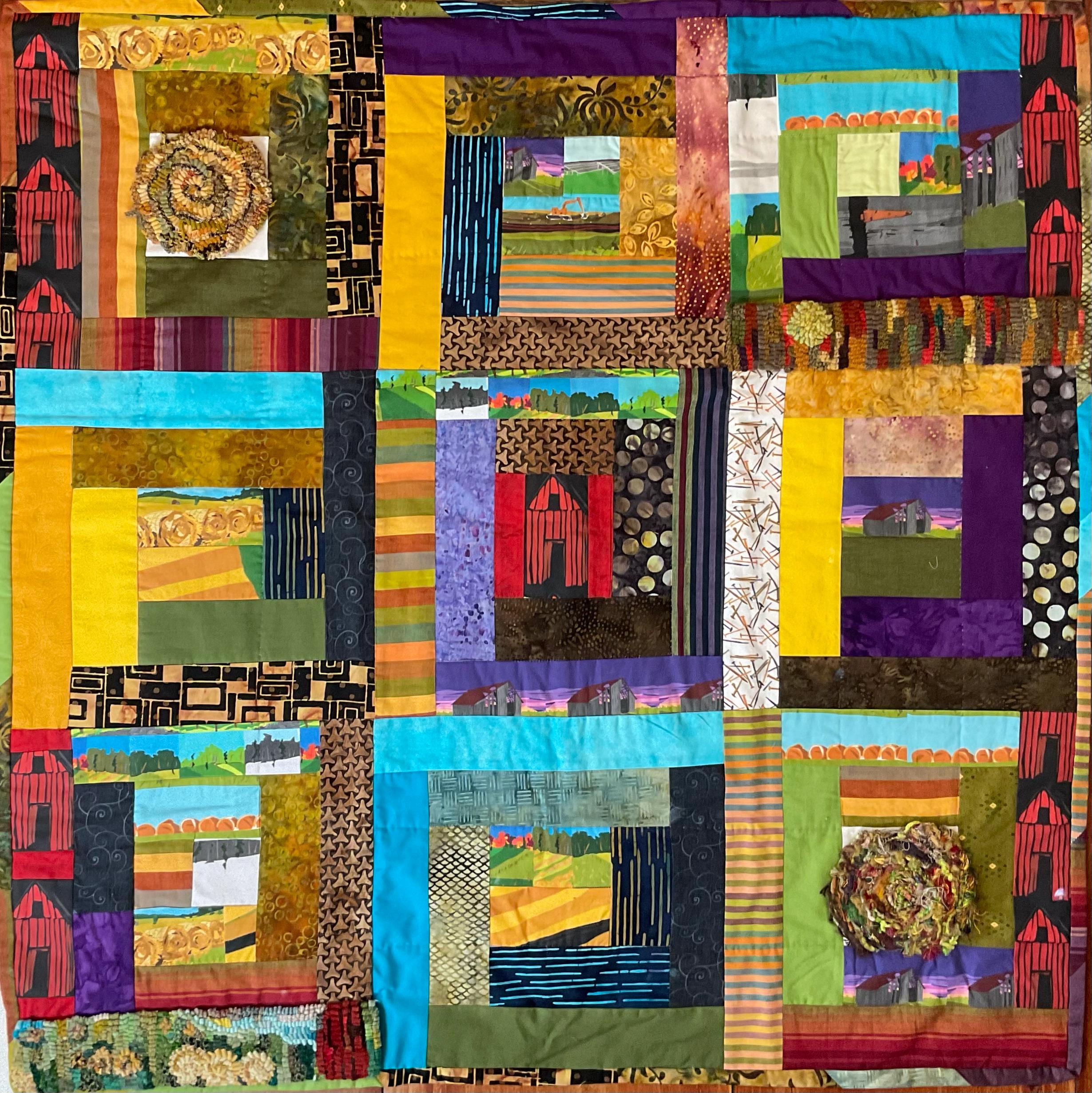

Nine Patch - Barns 36” x 36” rug hooking, digital designed fabric with commercial ones
Nine Patch - Stephen
36” x 36”
digital designed fabric with commercial ones




Nine Patch - Abstract 36” x 36”


digital designed, eco dyed and commercial fabrics, embroidery
digital design on cotton, embroidered panel on linen


rug hooking, paint, applique’, wallpaper digital design base, upholstery roof, lined with digital design cotton.

Haying Stages 12” x 16” multi techniques WV Biennial 2013
Over my creative years I have explored new techniques, materials, and design styles by making studies. There was an entire year of daily five inch square sketches. (see Year Study on website) No parameters, just a bridge from structured folk art patterns to creative studio work. Rug hooking took on a linear pattern, embroidery and paint came back into my tool box and I even added weaving on pin looms. I wrote a book Design Basics for Rug Hookers, in 2011 published by Stackpole using the five inch sketch to build confidence in designing; learning how the elements and principles could be combined. For me value is the most important element then color, scale and line.
During covid I went back to an extended series this time over 100 days. Daily drawings in January were from the kitchen window, watching the shadows of time change on snow, bleak ground and then color up as spring birds and flowers arrived in April and May. Posting daily on social media helped keep me on schedule and lead to an invitation to exhibit at Taylor Books in Charleston, WV. The theme was 100 Days of Nature. The goal helped me complete the sketches.
I have lived with several of the works in this catalog and finally feel comfortable to send them out to new homes. Yes ,artists get attached to their work. The piece on my frame at the moment is always my favorite.


In the pioneering block printing style of the 1920’s championed by Blanche Lazzell and the Providence RI artists called white line, I worked these studies and several larger pieces.
Top left clockwise: Tomato and Garlic, Daffodils, Red Poppy, Orange Poppy all 6” x 6” rug hooking
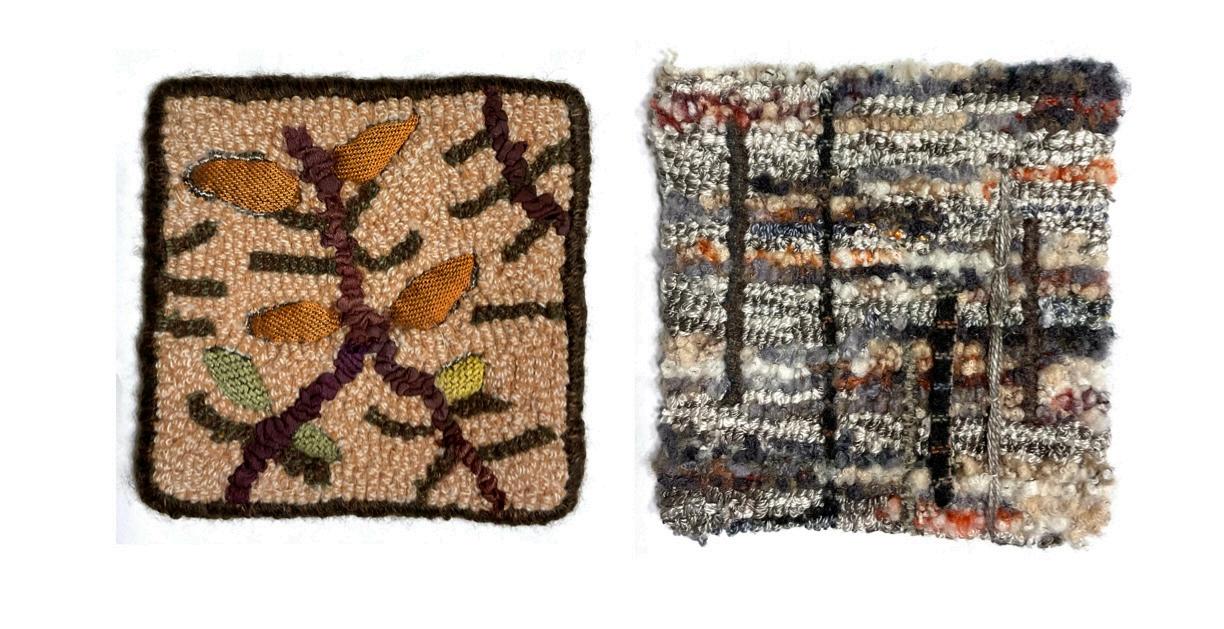

Pine cones 5” x 5” rug hooking, upholstery fabric applique’
Winter Trees 5” x 5” rug hooking mixed fibers
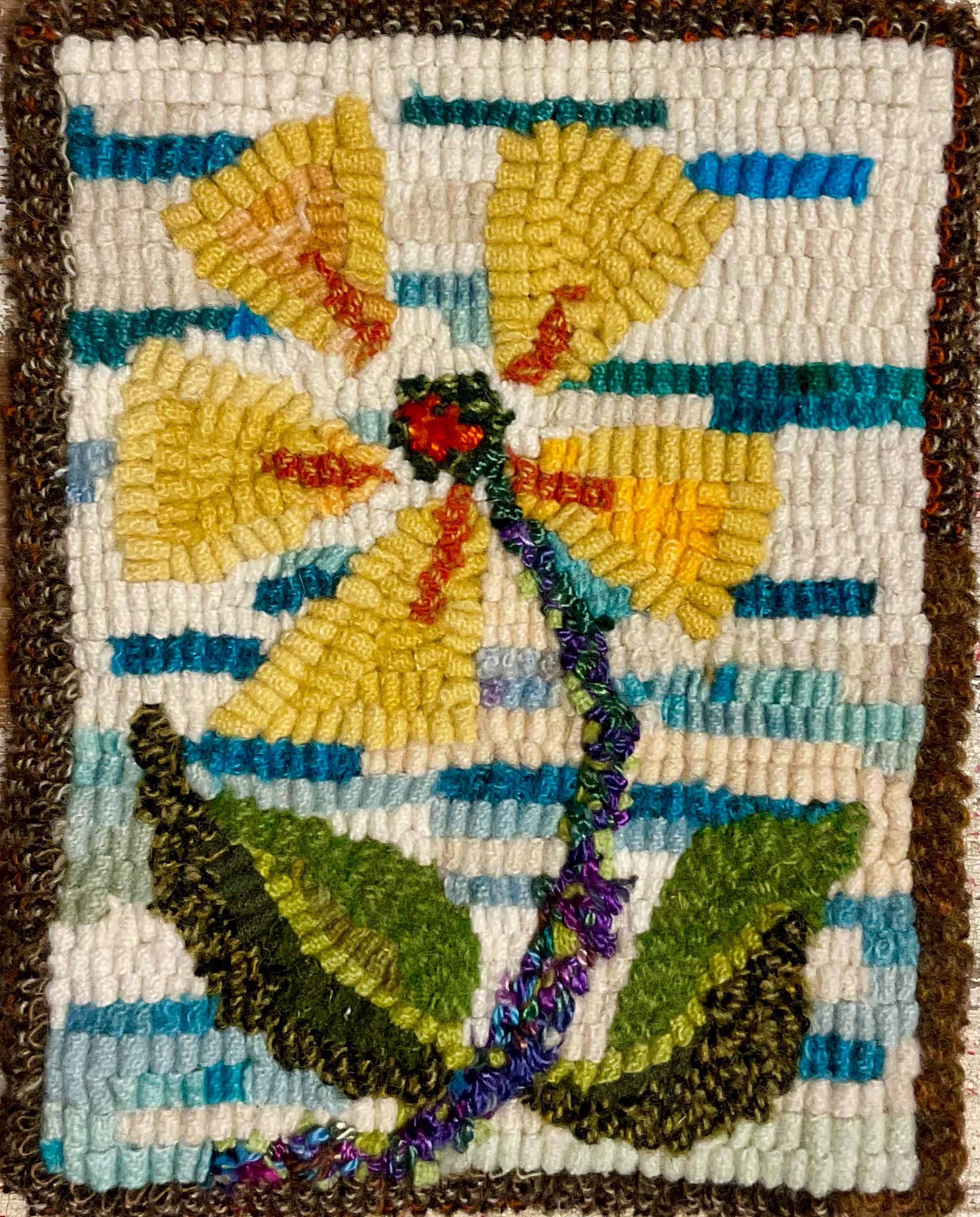

Sunflower 7” x 5” rug hooking backed with sunflower patterned cotton
all 5” x 7” rug hooking
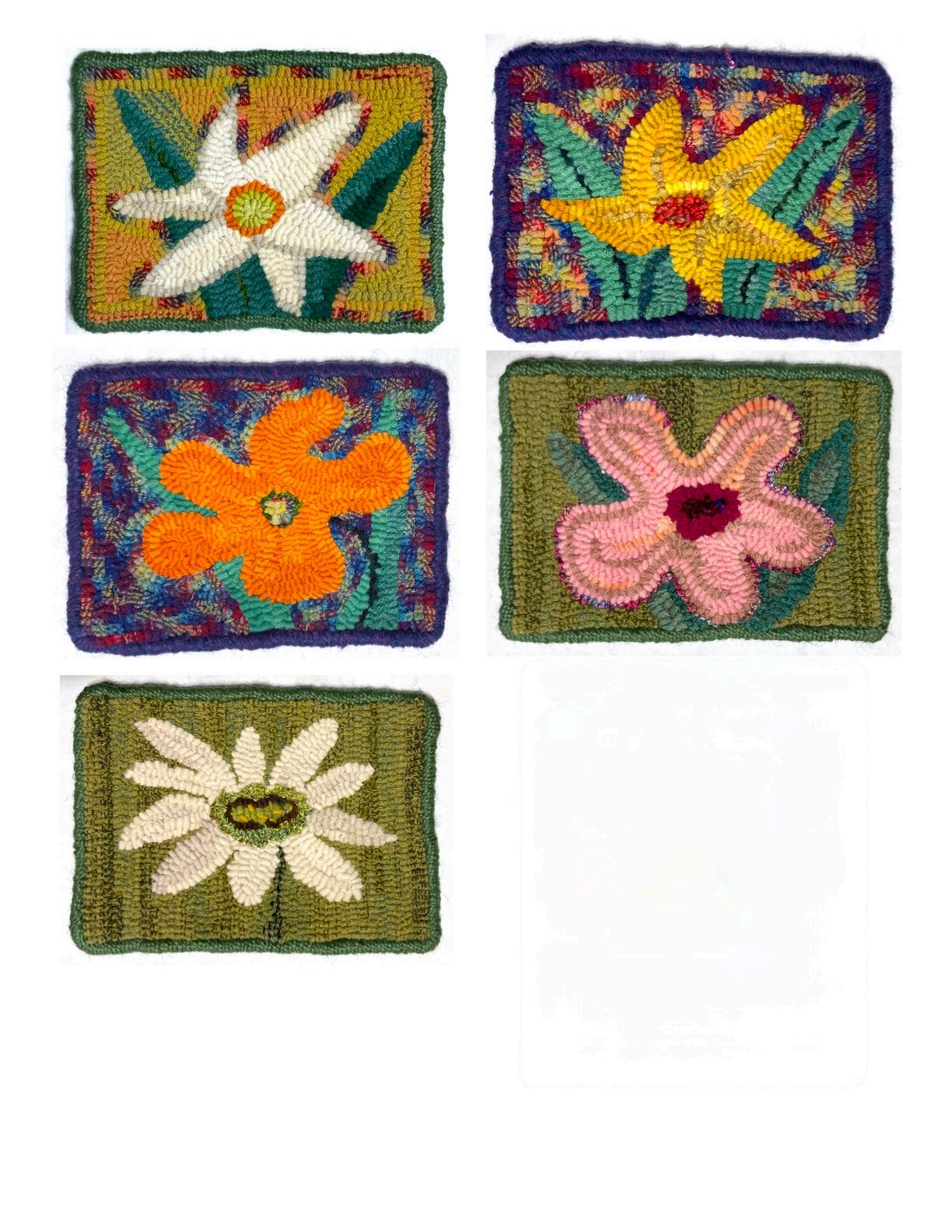


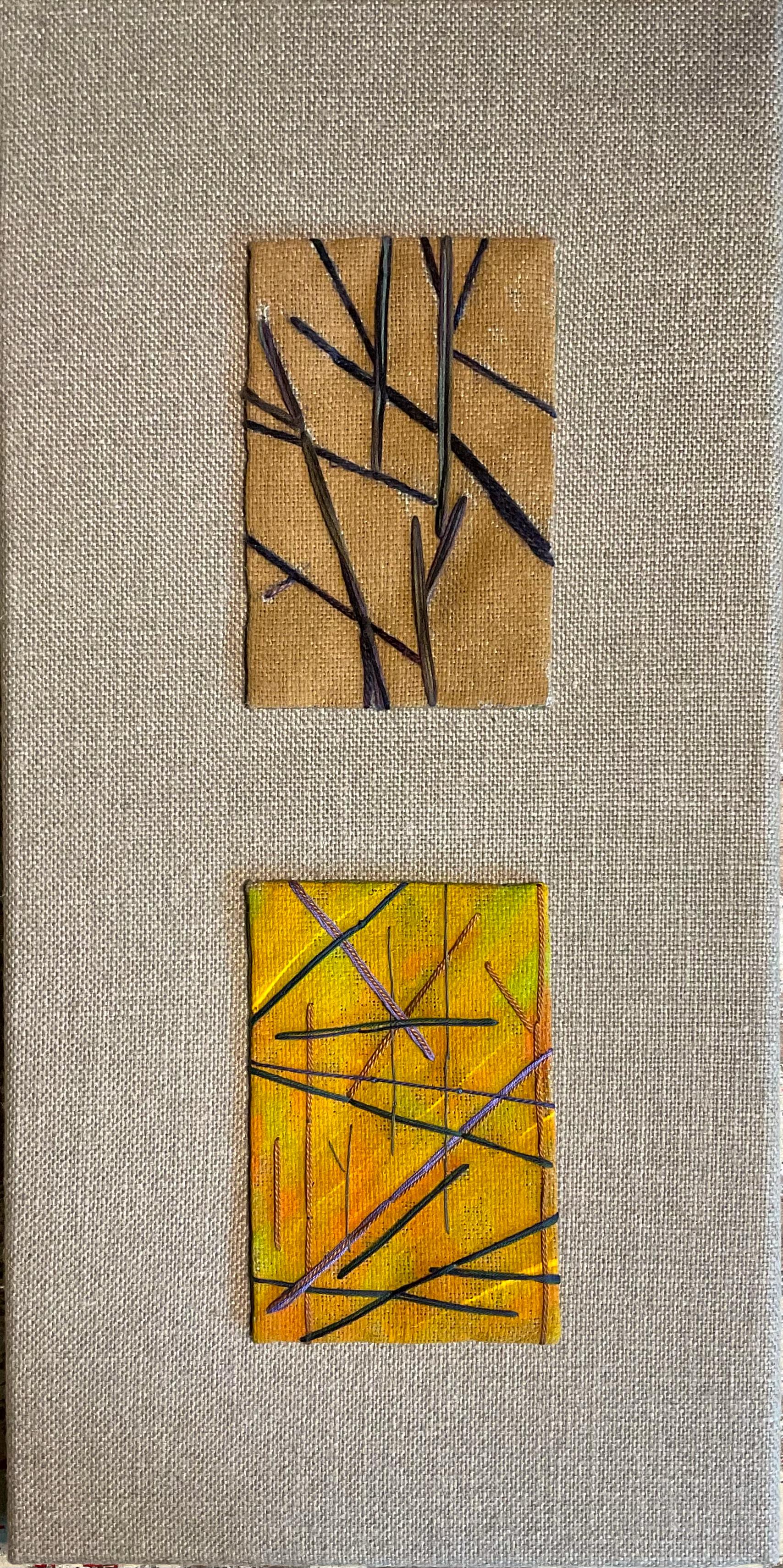
Trees Feb 16, Feb 23 20” x 10”
paint and embroidery on canvas


Cold Winter Woods Feb 18 10” x 8”
paint and embroidery on canvas


Trees in Spring May 1 10” x 8”
paint and embroidery on canvas

Spring Rains/Flowers Feb 28, April 15, May 8 10” x 20” rug hooking, embroidery, hand made paper (Nevada Tribble), paint
Boom Boom: The Video Douglas John Imbrogno, photography by Paul Corbitt Brown voice and poem Chrystal Brown.
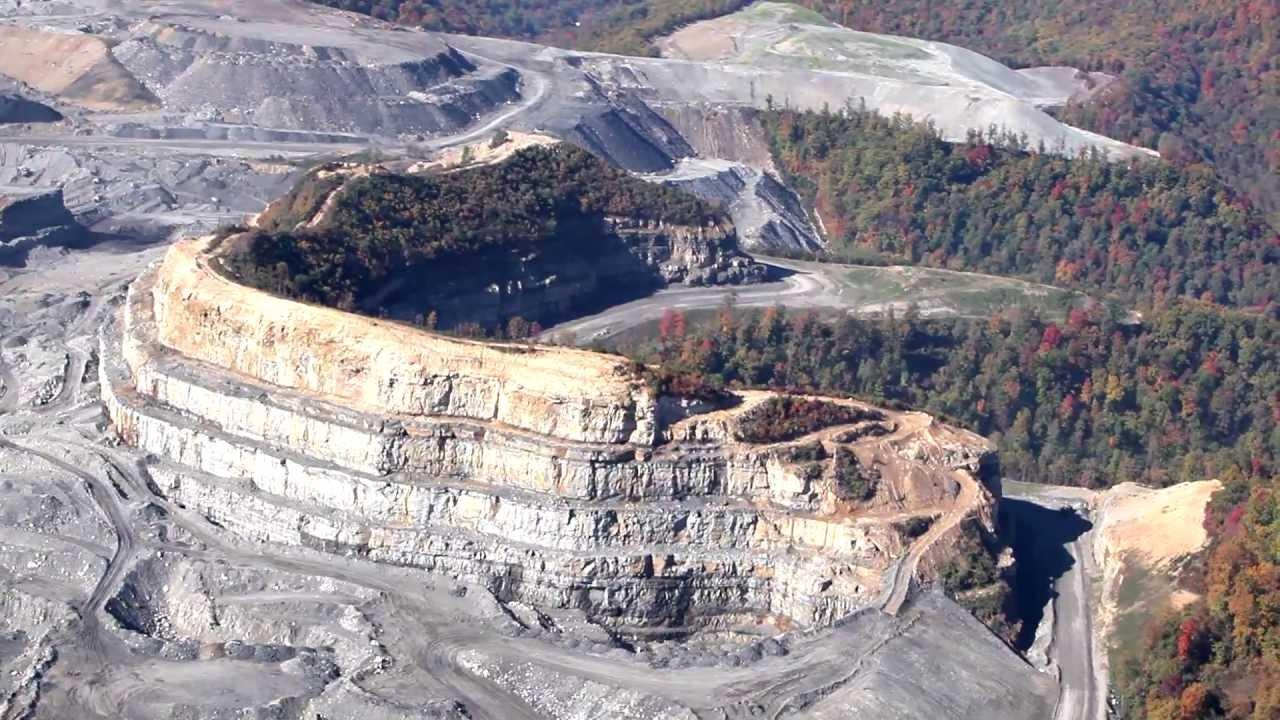
Barns have Stories catalog exhibit with Kristen Colebank, Waites Run Studio and Susan Feller, ArtWools. https://issuu.com/susanfeller/docs/ barns_haves_tories_catalog
Thanks to Cecil Ybanez for this opportunity to curate my work and exhibit in Richwood where people live in and understand the environment we are part of in 21st Century Appalachia.
I am glad to be part of the creative network filled with artists, businesses, collectors, and exhibition spaces all contributing to the economy and community of West Virginia. Follow me on BlueSky @sfeller24.bsky.social and IG @artwools. Website(s) SusanFeller.com and ArtWools.com
Note cards available at https://susan-feller-artwools.square.site 31